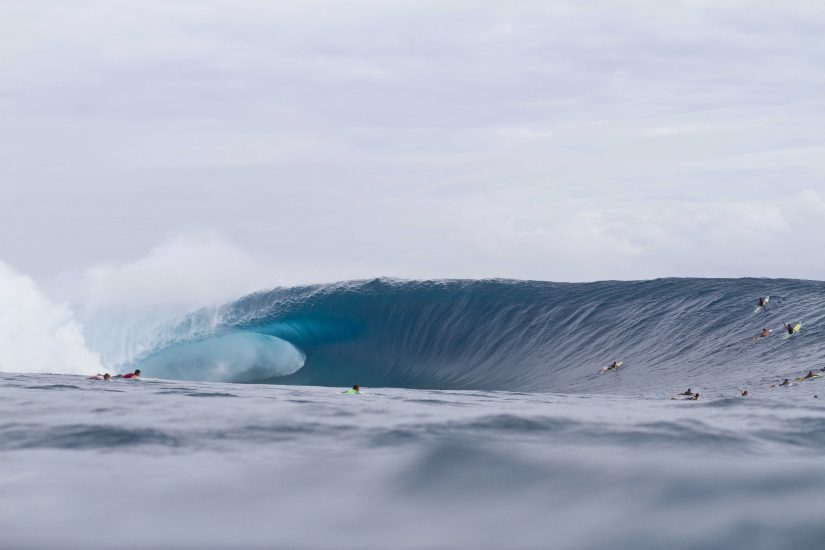You've finally decided to take the plunge into surfing — no pun intended — and that means you need your first board. You can rent one, which might be fine for a one-time trip to a Fiji surf resort, but if you really want to learn the sport you need your own. The first piece of advice? Don't spend a fortune on your first board. You need something cheap, stable and durable to get you through the initial learning curve.
Beginners should look for a type of board called a pop-out board. These cheap, mass-produced boards are much heavier than a typical surfboard, but that makes them more stable in the water. They are incredibly sturdy and will probably last until long after you've started taking a custom board into the Fiji surf. They have terrific resale value so your used board can help another beginner learn to surf. Be very careful, though. The extra weight means that if the board hits you, it's going to hurt. Always stay aware of where your board is, especially once you fall into the water and are surfacing.
Some people recommend a softie, which is a foam surfboard often seen in surf schools. While these have some advantages for beginners, such as being less likely to cause injury, they are not that durable and aren't useful for anyone other than a rank beginner. You'd be better off investing in a pop-out board.
You might also look at a custom board but that's going to be expensive. Be sure to specify that you want a beginner's board. A good board shop knows that means a board that is wider, longer and thicker for more stability.
If you are looking at stand up paddle surfing, then you will need a completely different kind of board and we'll cover that in a different post. Although you could technically do take a regular board into the Fiji surf for SUP surfing, you are going to be more stable on a dedicated SUP surfboard.

